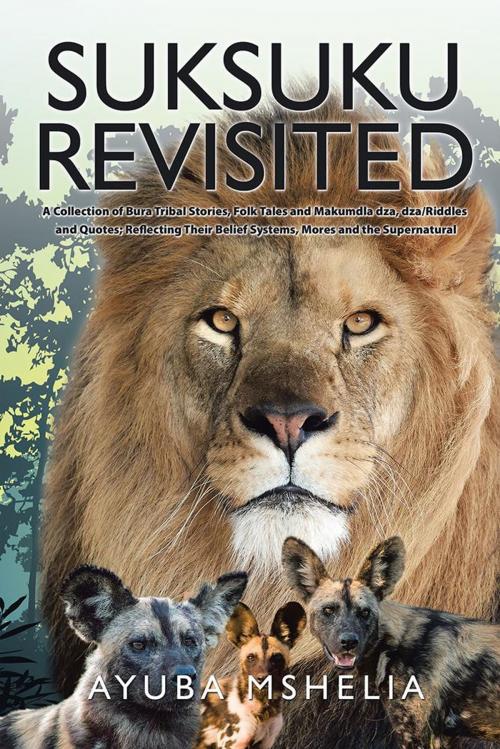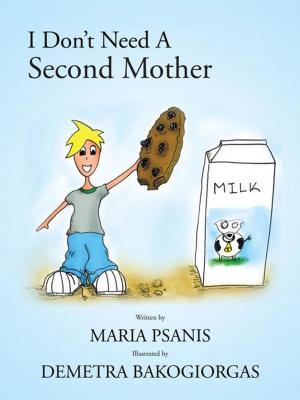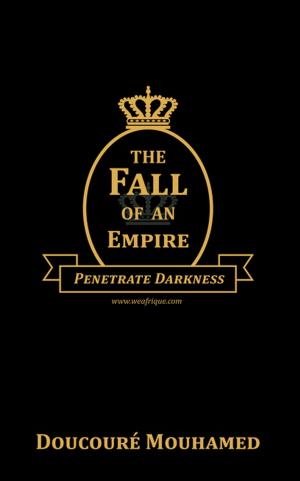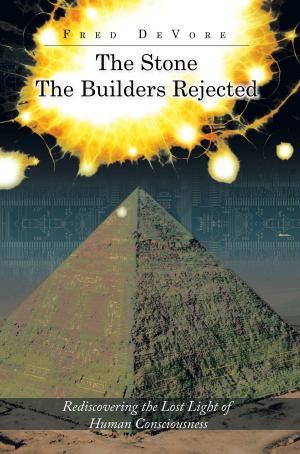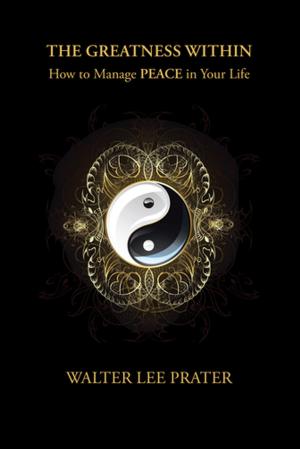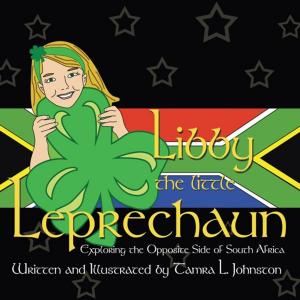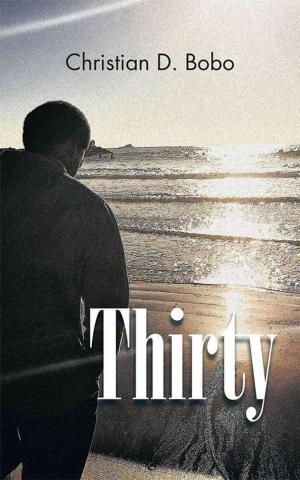Suksuku Revisited
A Collection of Bura Tribal Stories, Folk Tales and Makumdla Dza, Dza/Riddles and Quotes; Reflecting Their Belief Systems, Mores and the Supernatural
Fiction & Literature, Short Stories| Author: | Ayuba Mshelia | ISBN: | 9781524654085 |
| Publisher: | AuthorHouse | Publication: | January 13, 2017 |
| Imprint: | AuthorHouse | Language: | English |
| Author: | Ayuba Mshelia |
| ISBN: | 9781524654085 |
| Publisher: | AuthorHouse |
| Publication: | January 13, 2017 |
| Imprint: | AuthorHouse |
| Language: | English |
The book Suksuku Revisited . . . is a diverse collection of the stories, folk tales, and ma?umdla dza dza that the Bura people of Northeastern Nigeria use to transmit their cultural milieu, belief systems, and the supernatural to their youth. The book is permeated with how the tribe interacts with and is solely dependent upon the power and magnanimous symbiotic character of the creator, Hyel Ka?a (Grandpa/Ma God). This is most obvious in chapters 1, 7, and 9. At other times, the tribe uses animals to express those values and social mores they intend to pass on; these are reflected in chapters 6, 12, 14, 16, 17, 20, 22, 26, and 29. Social conflicts are often resolved through the supernatural or other arcane powers of the shaman, such as in chapters, 2, 8, 10, 24, 27, and 28. Suksuku Revisited . . . opens a doorwhich, until now, may have been closed to the outsiderinto the tribal thoughts of the Bura people with regard to their conception of creation, the supernatural, and the symbiotic relationship between the creator and his people.
The book Suksuku Revisited . . . is a diverse collection of the stories, folk tales, and ma?umdla dza dza that the Bura people of Northeastern Nigeria use to transmit their cultural milieu, belief systems, and the supernatural to their youth. The book is permeated with how the tribe interacts with and is solely dependent upon the power and magnanimous symbiotic character of the creator, Hyel Ka?a (Grandpa/Ma God). This is most obvious in chapters 1, 7, and 9. At other times, the tribe uses animals to express those values and social mores they intend to pass on; these are reflected in chapters 6, 12, 14, 16, 17, 20, 22, 26, and 29. Social conflicts are often resolved through the supernatural or other arcane powers of the shaman, such as in chapters, 2, 8, 10, 24, 27, and 28. Suksuku Revisited . . . opens a doorwhich, until now, may have been closed to the outsiderinto the tribal thoughts of the Bura people with regard to their conception of creation, the supernatural, and the symbiotic relationship between the creator and his people.
